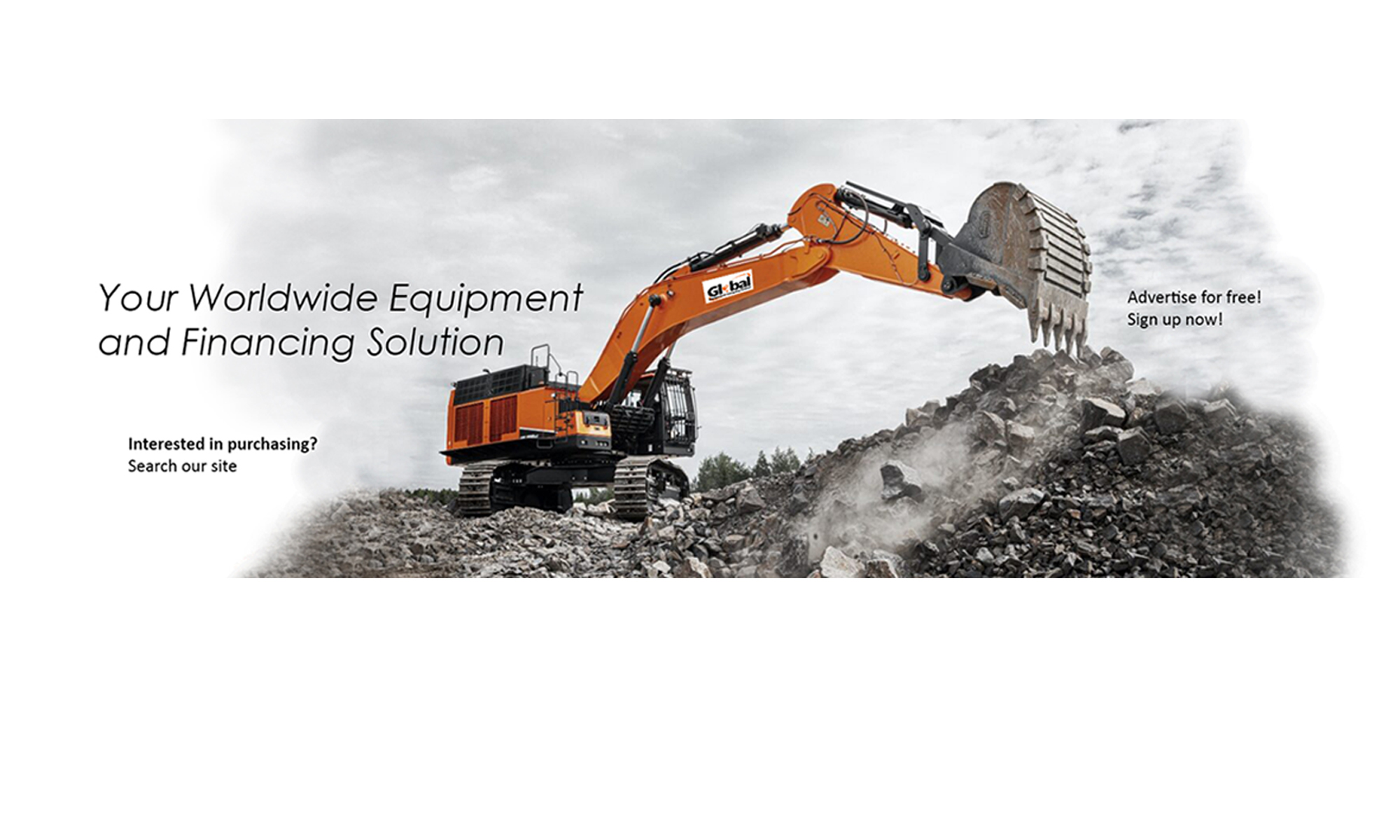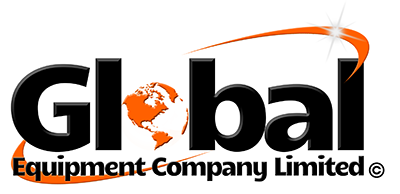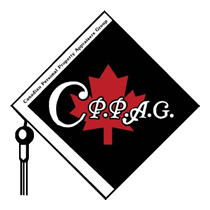We provide comprehensive appraisals of your equipment done on site. We work closely with our client’s and we ascertain the purpose of the appraisal. We have proven Methods of valuation and our research is applied to deliver our report in a detailed, cost effective format. We specialize in all types of heavy equipment such as construction, forestry, transportation, oil and gas, auto, marine, restaurants, franchises, mining and aviation. A complete and well documented report is provided for businesses, banks, insurance companies, trustees & receivers, litigation purposes and as well to individuals. David Wiebes is a member of the Canadian Personal Property Appraisers Group (CPPAG).
Mr. David Wiebes is owner and president of Global Equipment Finance and Global Equipment TM which is the remarketing arm for several business assets it acquires. He is a licensed and bonded Bailiff and appointed by the Lieutenant Governor of Ontario and operates a successful Bailiff office. He has over 15 years experience of asset remarketing and evaluation. His clients include financial institutions, insurance companies, barristers & solicitors, accounting firms, trustees, banks, as well as many independent small to large companies and other individuals.
As a member of the Canadian Personal Property Appraisers Group (CPPAG) we must adhere to a strict code of ethics, which assures our clients a service that can be relied on now, and in the future. We value our reputation for competent, ethical and personal service. Whatever your requirements are, call us for a free consultation.
Why call us?
- When ready to sell your business or retire: You will need to know exactly what your company is worth. We are the independent 3rd party to give you honest answers regarding your equipment values.
- When entering into or dissolving a partnership: An independent third party opinion is extremely important under these circumstances.
- To determine your equipment value: Before placing it on the market and before calling the Auctioneer. Don’t let unqualified buyers waste your valuable time making ridiculous “low-ball” offers. You’re the one who decides how to sell it.
- When wanting to know what to pay: for that entire plant or just one machine. Don’t get caught paying for something that’s obsolete.
- When faced with divorce: You need a fair and balanced value on your assets.
- When faced with legal action: Our consultations and appraisals have resulted in saving thousands in legal fees and court costs. Should matters proceed through the courts, we are experienced in the rules of evidence and can be declared an “expert witness” in our field.
- When the bank requires loan security: Our reports are well documented and detailed, placing the financial institution’s loans officer at your business location without leaving the office. We are available for consultation with your bank if necessary. Whatever your financial requirements, our appraisals meet the professional standards expected.
- To insure your assets: Insurance companies, like banks, may require an independent third party appraisal before insuring your equipment.
Definition of value
- Fair Market Value: The price at which property would change hands between a willing buyer and a willing seller; neither being under the compulsion to buy or a compulsion to sell, and both having reasonable knowledge of relevant facts. Some factors involved in Fair Market Value of assets involve the supply and demand, condition, age, availability, restorative and/or mechanical improvements, and previous comparable sales.
Liquidation Value (LV) Appraisal
- Liquidation Value: The price at which the property would change hands when there is a financial situation or other circumstance existing at the time of sale so as to require a sacrifice, e.g. demand from a financial institution to liquidate, bankruptcy, instant need for cash flow, overstocked, low demand recession.
Going Concern Value (GCV) Appraisal
- Going Concern Value: The value obtainable for the assets through private negotiators between a willing buyer and a willing seller on a total entity basis in order to continue operations in place over an acceptable period of time. Some factors involved in Going Concern Value are: all assets relative to the business including stock supplies, condition and age of assets, cash flow. This is based on previous financial records, a solid plan for a willing buyer to re-capture his initial investment. Leasehold improvements are included in this type of appraisal.
Market Value In Place (MVIP) Appraisal
- Market Value In Place: A professional opinion of the estimated value to be realized for the property; as installed for intended use in an exchange between a willing buyer and willing seller; neither being under the compulsion to buy or the compulsion to sell, with both parties aware of the relevant facts as of the effective date of the appraisal. Note: MVIP does not normally take into consideration leasehold improvements, unless they are specifically related to a function of a particular piece of equipment. ENHANCED VALUE – Sometimes used as a factor and is dependent upon the function, economic conditions, population proximity and geographical location.
Our guarantee
- All appraisals provide “on-site” inspection which records mechanical condition, appearance, age, model, serial numbers, maintenance and repair records.
- Our appraisal methodology provides you with assurance that the values reported reflect true conditions.
- Our objective is to provide reliable, accurate in depth information to enable you to make informed business decisions.
- Our experience and training covers a wide range of machinery, equipment, markets, industries, franchises, products and personal assets.
Our standards
A successful respected appraiser will possess the following qualities:
A. Trust
B. Integrity – An appraiser must not:
- suppress facts;
- misrepresent his/her qualifications;
- be influenced by third parties.
C. Knowledge – A professionally qualified appraiser is one who has considerable knowledge and experience in dealing with commonly appraised subject matter. However, unfamiliarity with a given subject matter should not form a barrier between the appraiser and the goods to be appraised. Adequate consultations with those familiar with the subject matter, along with various techniques of price sourcing should provide the appraiser with the necessary knowledge to produce a qualified appraisal.
D. Professionalism – An appraiser must practive and maintain the highest professional standards in regard to:
1. Confidentiality
An appraiser must not disclose confidential information obtained from a client, or appraisal results, except to:
- i. the client and persons authorized by the client;
- ii. third parties as authorized by due process of law;
- iii. a duly authorized professional peer review committee.
2. Conduct
An appraiser must properly identify the question to be addressed and possess the necessary knowledge and experience to complete the assignment competently.
Should these conditions not exist at the commencement of the assignment then the appraiser must:
i. disclose any lack of knowledge to the client before accepting the assignment;
ii. take all necessary and/or appropriate steps to competently complete the assignment;
iii. document the above conditions if they apply in the appraisal report.
3. Management An appraiser must accept the responsibility for anything that is placed in their care.
4. Record keeping Adequate records must be kept by the appraiser. This includes written documentation of the entire appraisal process as well as working notes and correspondences. Any relevant consultations used in determining value must also be noted.
E. Compensation
1. Acceptance of compensation is unethical if contingent upon:
- i. the reporting of a pre-determined value without ethically verifying the actual value;
- ii. a direction of the client resulting in the attainment of the stipulated amount;
- iii. the amount of value estimate;
- iv. the occurrence of a subsequent event.
2. Generally the fee charged by an appraiser should be independent of the value of the report, i.e. the appraisal fee should not be a percentage of the appraised amount.
Assessing a fee on a percentage basis may result in increased vulnerability to the appraiser in cases of litigation.
Contact
David Wiebes
President/CPPAG
Appointed Bailiff
Ontario Bailiff & Lien Registration Corp
Global Equipment Company Ltd
Global Equipment Finance Corp
89 National St
Garson, ON
P3L 1M5
705-560-6310 Office
705-585-2563 Fax


